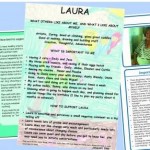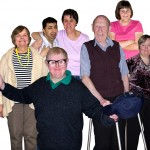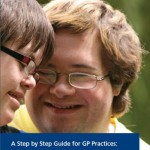
Person centred planning was placed at the heart of policy for services to people with learning disabilities in the 2001 White Paper, Valuing People. This approach to planning has been developed into a broader approach to personalisation throughout the system. One of the tools developed to help is the ‘one page profile’. Often there is [read the full story…]









